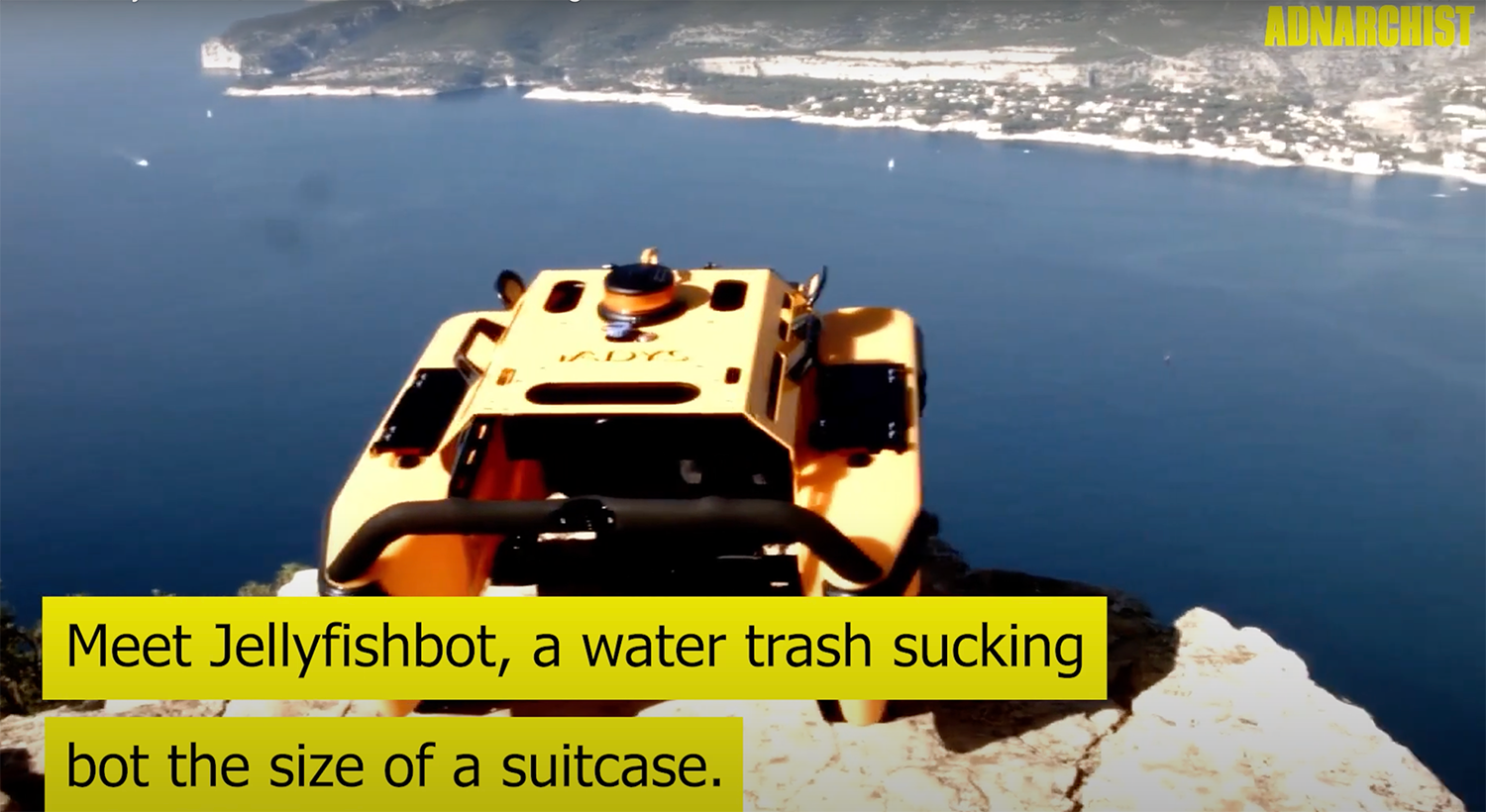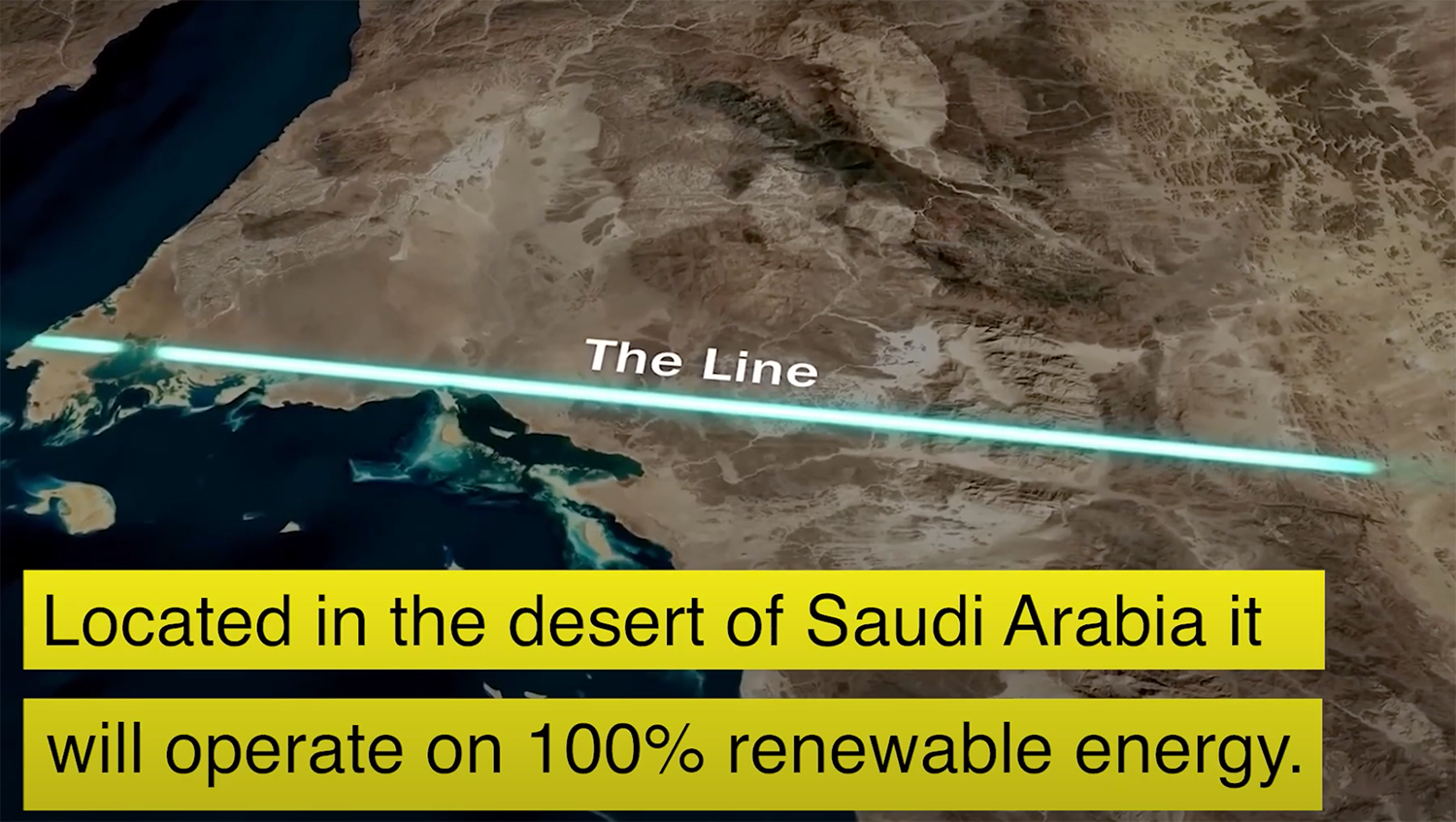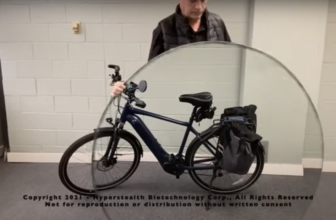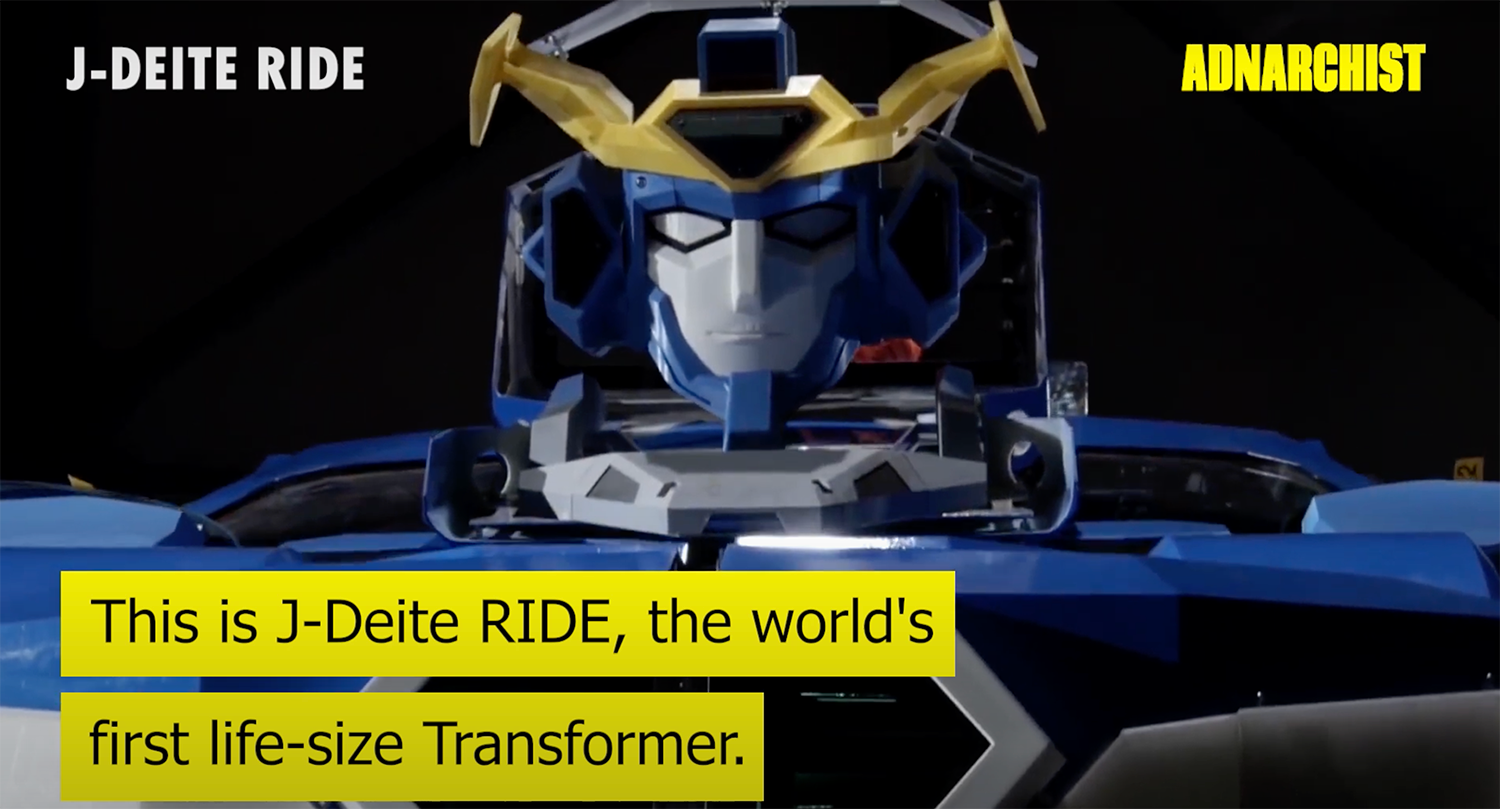
Why It’s Lit
Because this self-driving robot sucks trash from water surfaces so you don’t have to.
Believe It Or Not
Robots are officially cleaning the ocean for us. Marine pollution is a nightmare, but IADYS is turning it into a high-tech dream.
This French company, founded in 2016 by Nicolas Gambini, is leading the charge against ocean waste with the Jellyfishbot, an autonomous or remotely controlled robot that skims the water’s surface, gobbling up plastic, oil, and other debris before they ruin your favourite seaside sunset.
Headquartered in Cassis, France, IADYS is all about AI-powered sustainability, proving that robots aren’t just for sci-fi—they’re for saving the planet too.
What makes Jellyfishbot a game-changer?
Unlike bulky, industrial-scale cleaning solutions, this compact bot is nimble enough to reach tight spaces like harbours, marinas, and even private docks.
It works tirelessly for hours, collecting up to 80 litres of waste per mission and also has a spill recovery system, meaning oil slicks don’t stand a chance.
It’s built tough with a robust, waterproof design, making it low-maintenance and highly durable.
But it’s not all smooth sailing.
The Jellyfishbot isn’t cheap, making it an investment primarily for businesses and municipalities rather than casual boat owners.
Some users wish for a larger waste capacity, while others note that extreme weather can limit performance.
Still, with its autonomous navigation, eco-friendly efficiency, and virtually zero emissions, it’s a step towards a cleaner, healthier ocean.
IADYS operates on a B2B model, selling to marinas, local governments, and businesses committed to sustainability.
If you’re in the market for a pollution-fighting sidekick, be prepared to shell out several thousand euros—but hey, can you really put a price on cleaner waters?
One thing’s for sure: this bot isn’t fishing for compliments—it’s fishing for trash.
Drop This Fact
There are approximately 5.25 trillion pieces of plastic trash in the ocean and of that, 269,000 tons float on the surface while 4 billion plastic microfibers per square kilometer litter the deep sea.






